There are many options for the foundations of your garden building, each with their own benefits. It can be difficult to choose what kind of base is the most suitable for your garden building but there is likely one, or more, reasons that you should choose a base option over another.
Let's discuss the most popular base options, their Pros and their Cons, to help you decide:
- Concrete
- Paving flags
- Timber Bases (base frame)
- Eco Shed Bases
Concrete
A popular, permanent choice of base is a concrete slab. It is not the most expensive choice but not the most cost effective either.
The Pros
- Long-lasting
- Rodent's cannot tunnel inside a concrete base
- Sturdy
- Suitable for almost every garden
The Cons
- Messy to install
- Can only be laid in certain weather
- Water can pool
- Rain splashes back on your walls, causing water ingress
- Cannot be easily removed
- Needs time to "go off" before the build can commence
It is recommended that you hire a professional to complete a concrete base, unless you have experience or a good knowledge on how to lay concrete. There may be reinforcement required for concrete slabs which are designed to span a large area or bear structures.
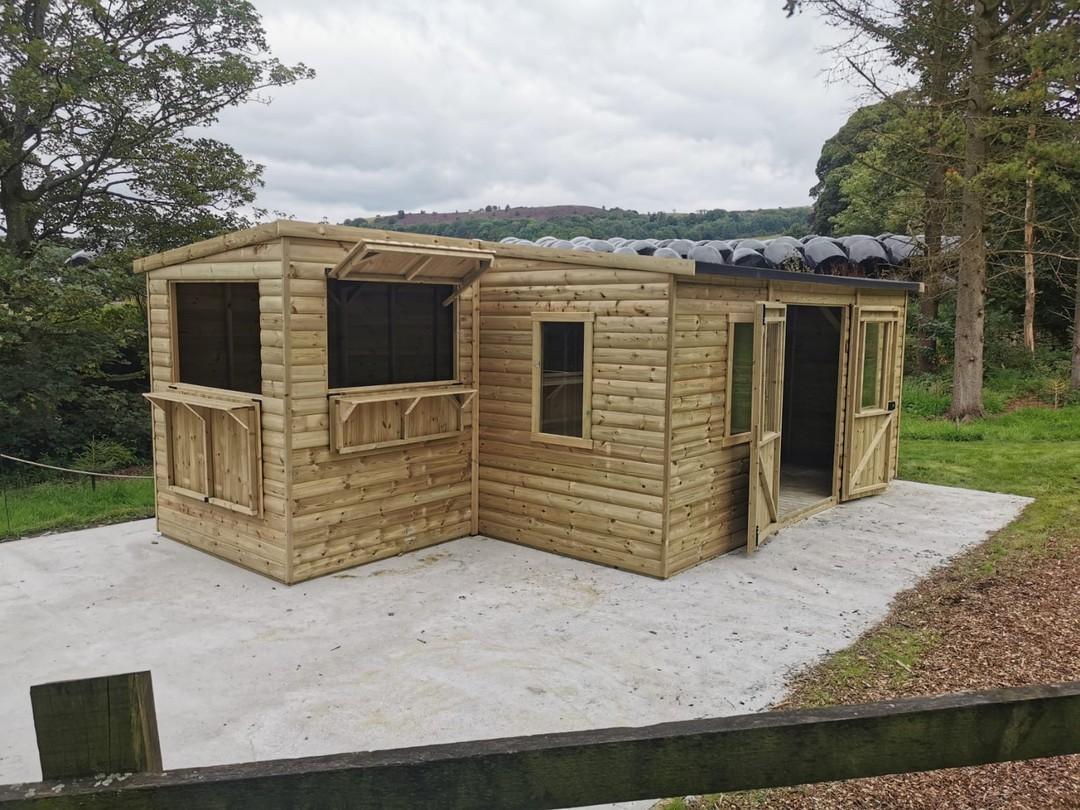
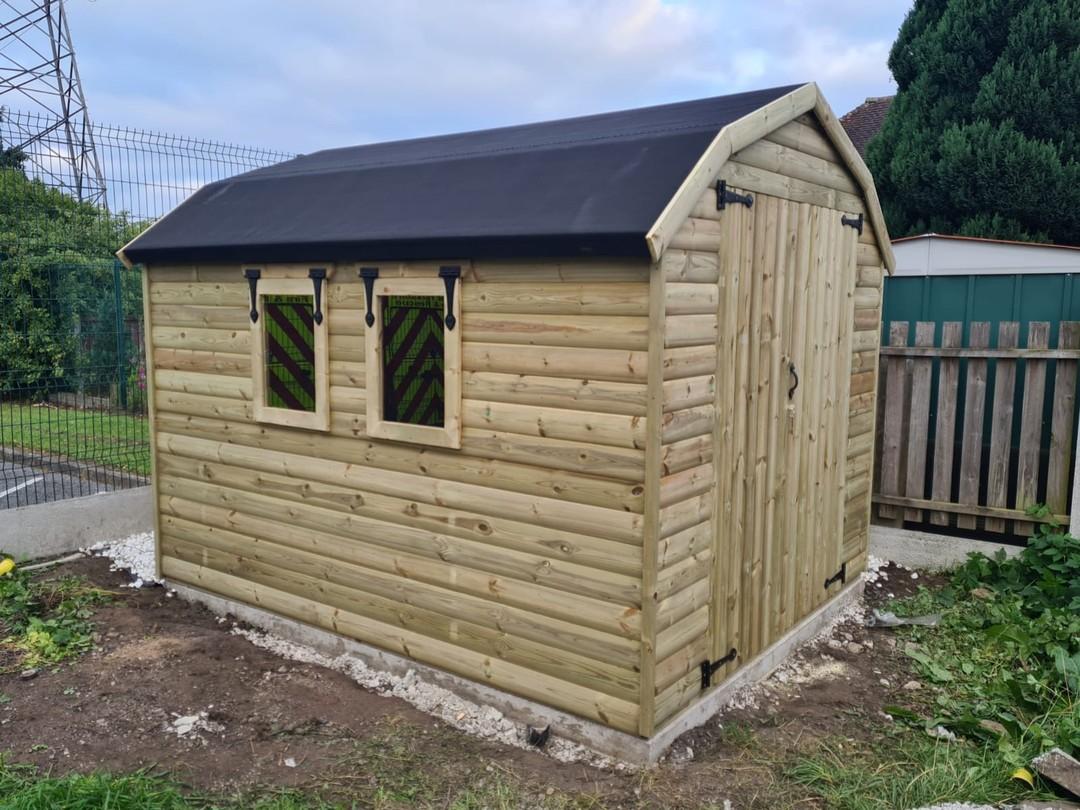
Paving flags
This is usually the most expensive option of a base for your garden building, that is if you are laying a new flagged based specifically for the garden building. Many gardens already have a flagged area which could be a perfect foundation for your new building - as long as the area is solid and level!
There are some types of flags which are not suitable such as natural stone flags, which have a variation in the pattern, as this can hold water and cause water ingress or timber rot. Concrete flags are advised.
The Pros
- Existing paving! No cost involved!
- Attractive
- Sturdy
- Rodents cannot tunnel inside
- Long-lasting
- Suitable for almost every garden
The Cons
- Water can pool
- Messy to install
- Can only be laid in certain weather
- The most expensive option to lay new
- Cannot be easily removed
- Rain splashes back onto the walls, causing water ingress
It is recommended that you hire a professional to complete a concrete base, unless you have experience or a good knowledge on how to lay paving flags.
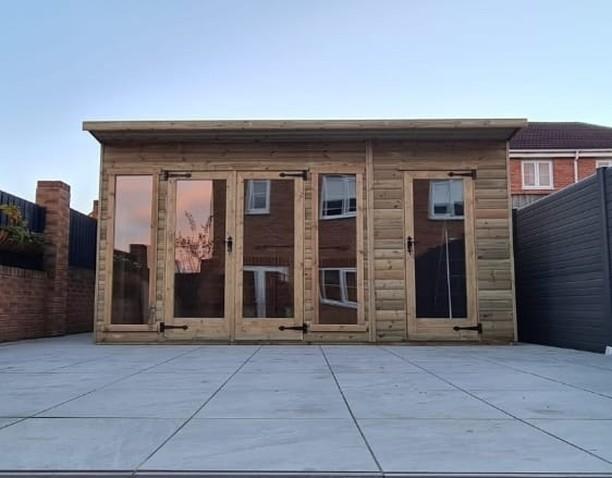
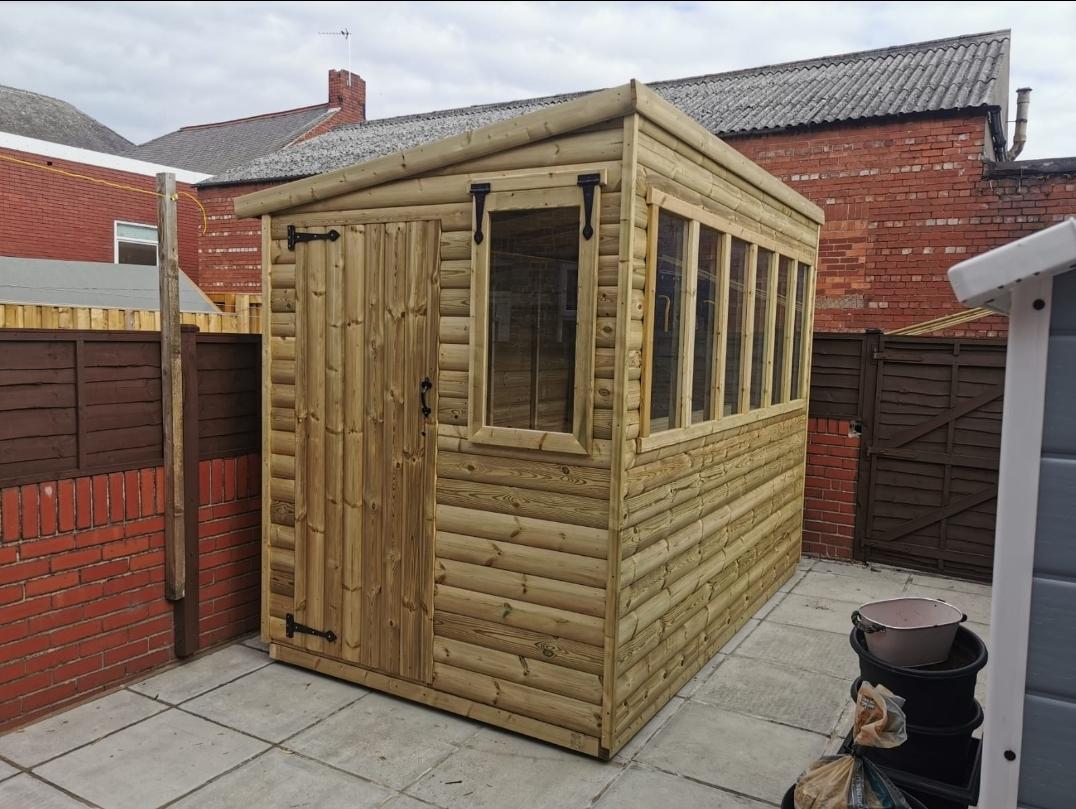
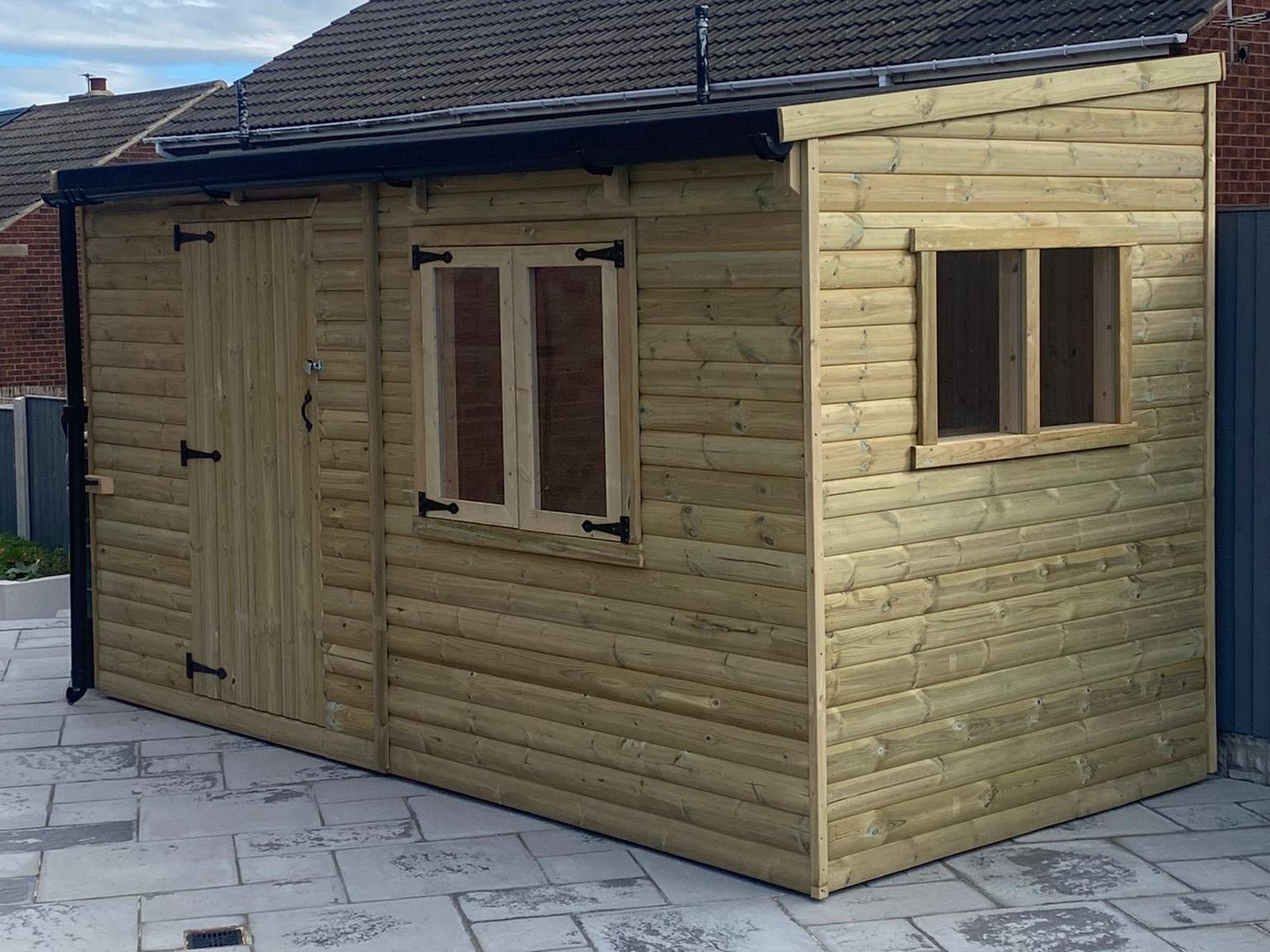
Timber Bases
A cost effective option suitable for most gardens but not ideal for areas prone to flooding/holding water in soil.
The timber must be pressure treated and naturally water resistant. Pressure treated redwood is a great option, this has been proven to last up to 40 years when staked into the ground.
The Pros
- Cost effective
- Allows the timber floor to breathe
- No water pooling
- Sturdy
- Very little to no mess
- Non permanent, can be removed without a trace
- The building can commence immediately after install
- Rain is less likely to splash onto the walls
- Can be installed by confident DIYers
- Can be extended easily
- Suitable for most gardens
The Cons
- Not suitable for water logged gardens
- Rodents can tunnel underneath
- Stakes can sometimes be seen (but also can be covered)
There is lots of information online on how to complete your own timber base, but it is advised you are confident in using power tools. Alternatively many garden building companies have this affordable and easy option to add to your order.
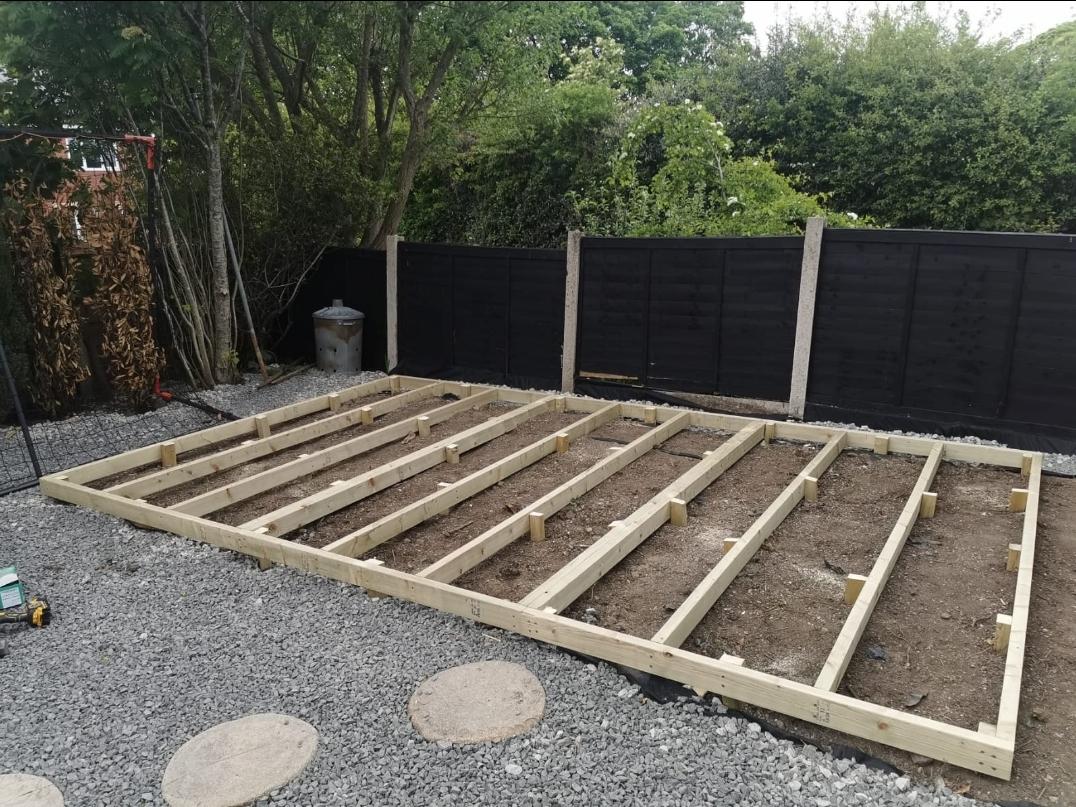
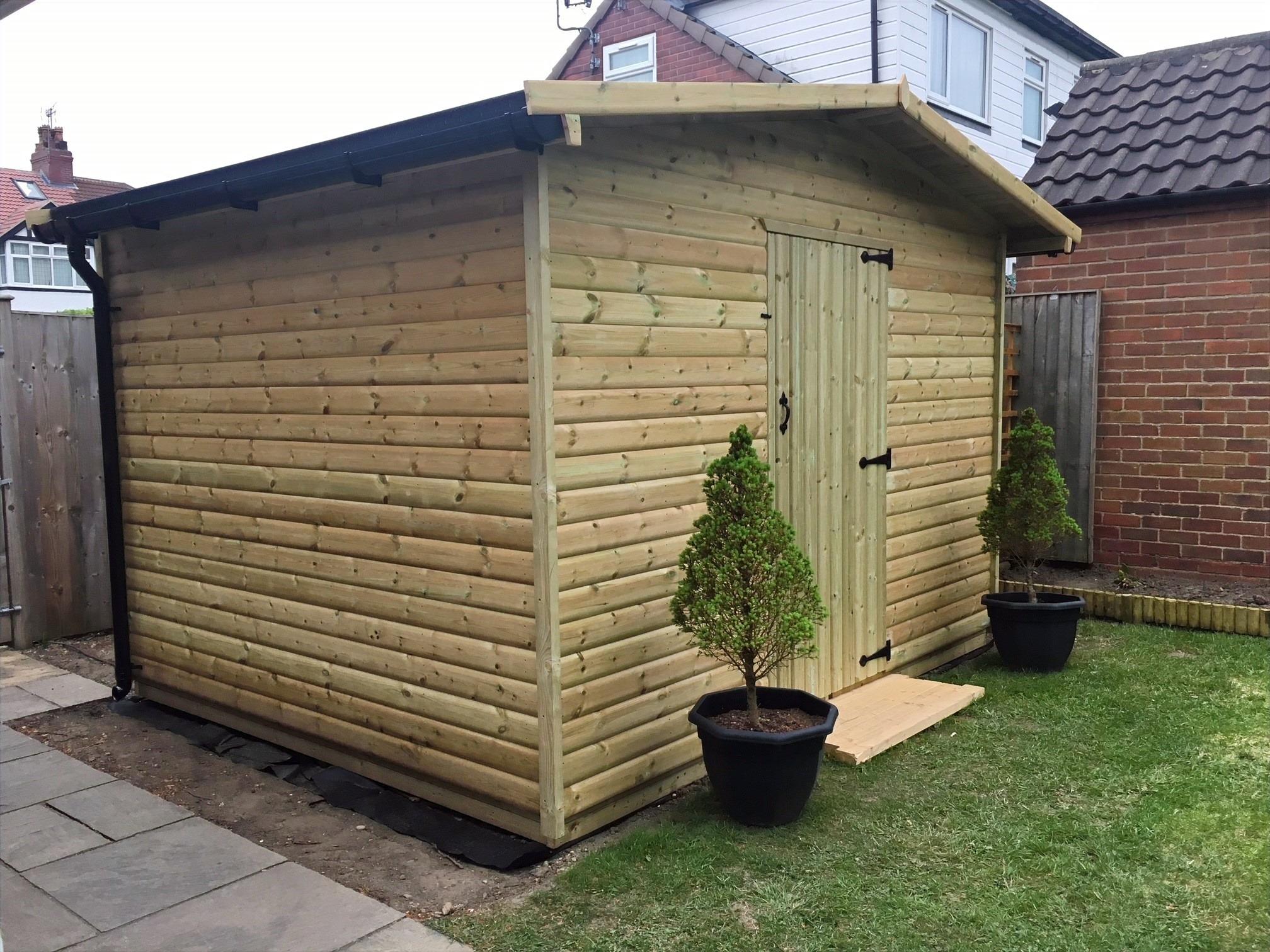
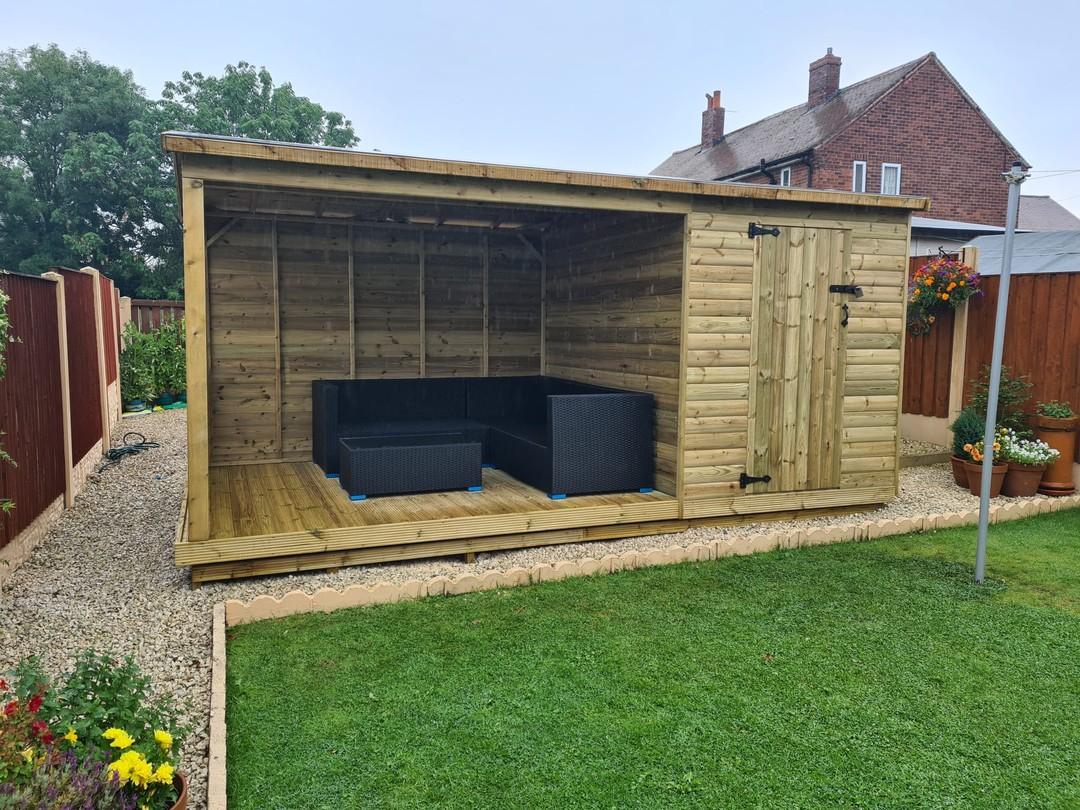
Eco Bases
Eco bases are perfect for most abilities but they do require an almost level surface to begin with.
The Pros
- They don't rot
- They can be installed by most able people
- Very little to no mess
- Good drainage
- The building can commence immediately after install
- Cost effective
- Non permanent, can be moved with no trace
The Cons
- Garden needs to be level before install
- Can be tricky to get the whole base level
- Not suitable for very heavy/large buildings
These bases are super light and easy to put in place. They're suitable for all gardens, provided the ground is level, and they can be installed by almost anyone. They are a cheap option but do require more work if you are looking to install yourself.
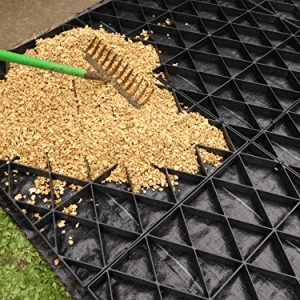
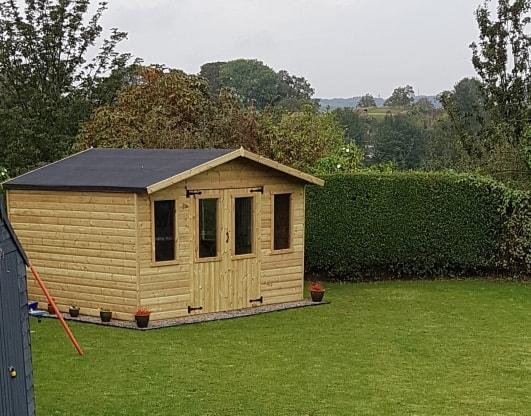
After looking at these four base options, your garden and your ability (and/or willingness) to complete the work yourself, you should have more of an idea which foundation is the best for you!


